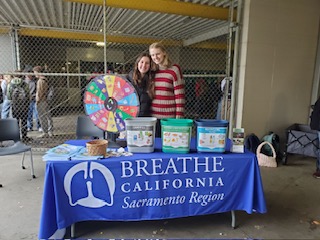
With the implementation of a composting program this year, its organizers, along with many students and teachers, are questioning why Rio lacks any form of recycling, especially when it has been commonplace in most of California for decades.
According to senior Emilie Thoreson, who, alongside Genevieve Ferrera, has been organizing the new food waste and composting initiative, Rio has no proper recycling for typically recycled materials, but strides have been made with regard to food scraps recycling.
California’s SB 1383, which went into effect in 2022, mandates that schools take steps to recycle food scraps, along with all residents and businesses.
“We started a food scraps recycling program here at Rio because we were alarmed by the amount of food waste and then also edible food going to landfill,” Thoreson said. “We’re both very passionate about climate change, so we wanted to put into place a program that would divert some of that waste and also help the community because that food gets turned into compost for local community farmers.”
Thoreson and Ferrera hope their food waste program will be maintained for years to come through other Civitas students’ senior projects.
“We’re really hoping to continue it on basically from this point now until Rio closes out the school,” Thoreson. “We’re hoping to keep it as a legacy project so that every year one to three new students can take it on.”
But on the issue of recycling, it has been difficult to make progress. Several Civitas students tried to implement a recycling program several years ago, but it ended once they graduated, Thoreson said.
“That’s why we really wanted to make sure that we had new people coming in next year so that our project wouldn’t fall apart.”
If you look around campus, bright blue recycling bins that read “Let’s Recycle” can be seen everywhere, but most students throw trash items in the bins and all their contents end up in the landfill anyway.
Thoreson believes one key problem is that the recycling bins stand alone, whereas the new compost bins and the trash bins are always next to each other, making it easier to sort waste. When only one type of bin is available, according to Thoreson, most people treat it as a trash bin.
“They’re not going to sort their waste [with only one bin],” Thoreson said. “But if you have a station where they’re next to each other, then kids can be like, ‘Oh, my plastic goes in this one and my food goes in this one.’ It’s a little bit easier for them to do that.”
Another challenge is that all of the janitors’ available trash bins are currently in use. Thoreson said that the district could provide additional resources so that we have adequate waste bins.
Many regulatory and logistical challenges make some aspects of the program more difficult. Underscoring the importance of proper sorting, only 10% of each compost bin can contain contaminated materials, meaning anything that is not food or food-soiled paper. Otherwise, bags considered contaminated are dumped straight into the landfill.
A similar problem might present itself with recycling bins that have non-recyclable items, especially considering much of what we think gets recycled in California simply ends up in landfills.
For this reason, the waste project is “definitely not a program that stands by itself,” Thoreson said. She feels that more education on the issue is necessary in order to increase awareness and for the program to have a better success rate.
“I think the food scraps and compost is not a new idea, but it’s new to Sacramento, and so people don’t understand it fully yet,” Thoreson said. “People need to be educated.”
Recycling, however, has been in place longer and is more familiar for most people.
“That’s why I think this project has a lot of opportunity for growth, especially next year, because there’s so many ideas I’ve had that I haven’t been able to put in place this year,” Thoreson said.
In the future, the project organizers hope to hold a rally, make informational videos and put posters in classrooms and around the school that explain what goes in each bin.
The bin posters have been redone by Thoreson and Ferrera and are now printed in both English and Farsi, with pictures on them, to improve accessibility.
The ultimate goal, Thoreson said, is that nothing would need to go in the landfill, and everything could either be recycled, composted or repurposed.
Unfortunately, expanding the waste program increases the workload for the janitors, who often don’t have the time or support to do more work. However, they are on board with the project, Thoreson said.
Thoreson believes San Juan can do more to support environmentally friendly waste programs in schools, pointing to Sac City which recently held a district-wide training on composting.
The project’s leaders are also working with Breathe California, a non-profit organization.
“I’m here to try to teach you something that can be really impactful to our community,” Thoreson said.
CalRecycle, the state agency, recently toured Rio, surprised by the lack of recycling and participation in the program, Thoreson said. Tours in the Bay Area and at other schools revealed that many programs were “doing a lot better than ours.”
If younger students are introduced to a more comprehensive waste disposal system, they will build the habit of proper sorting by the time they come to high school.
Rio already has three large dumpsters for the hauling service—trash, compost and recycling, the latter of which is not in use.
“The district has worked with Breathe California Sacramento Region and Republic Waste to meet organic waste law,” San Juan spokesperson Elysse Fresquez said. “Currently, a district-wide recycling initiative is not in place, as recycling is at the discretion of each individual school site.”
AP Environmental Science teacher Alexis Paulus noted that the process of recycling (and sorting it) is very labor intensive and would be difficult to implement at Rio. Paulus said that he takes any recyclable items home with him, where he can dispose of them in the recycling bin. That may be a temporary solution, though hard to request of people, of course.
Thoreson, who plans to attend Lewis and Clark College for environmental law, said that the overall food waste program has still been a much-needed improvement from previous years, though she hopes more progress can be made.

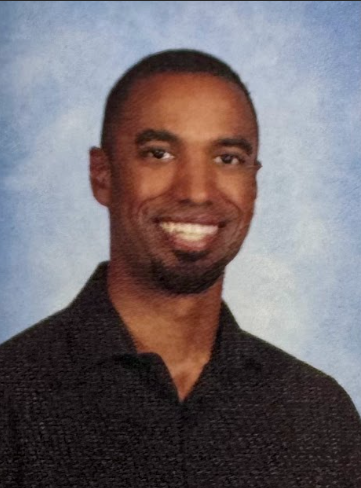
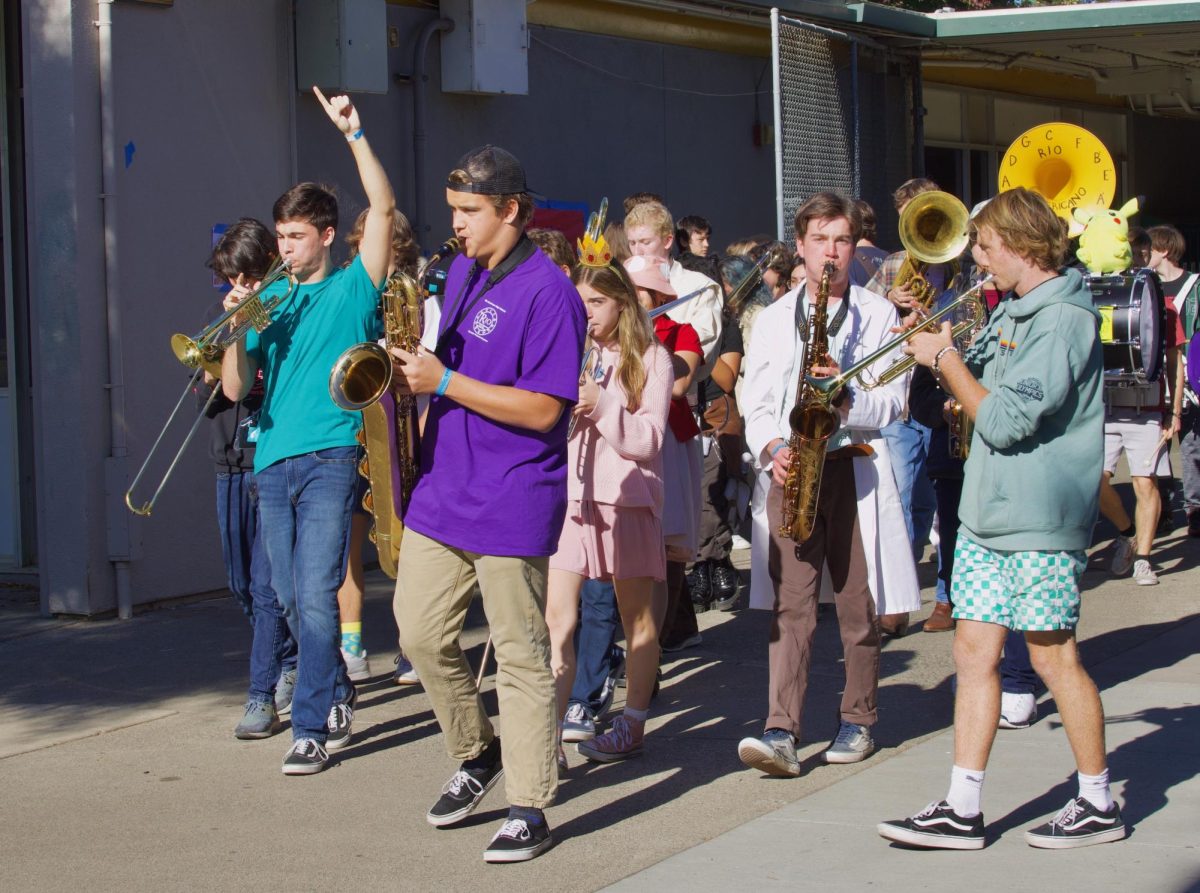

























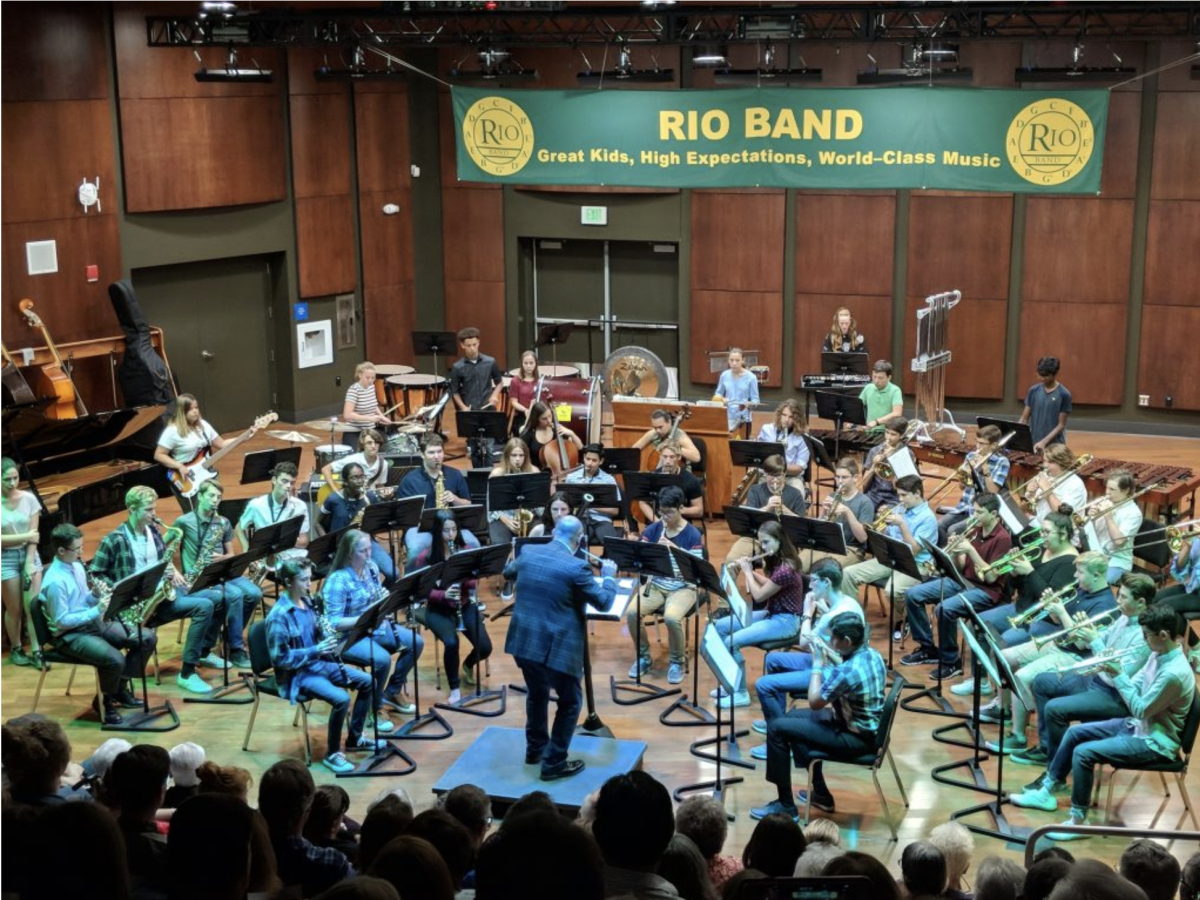

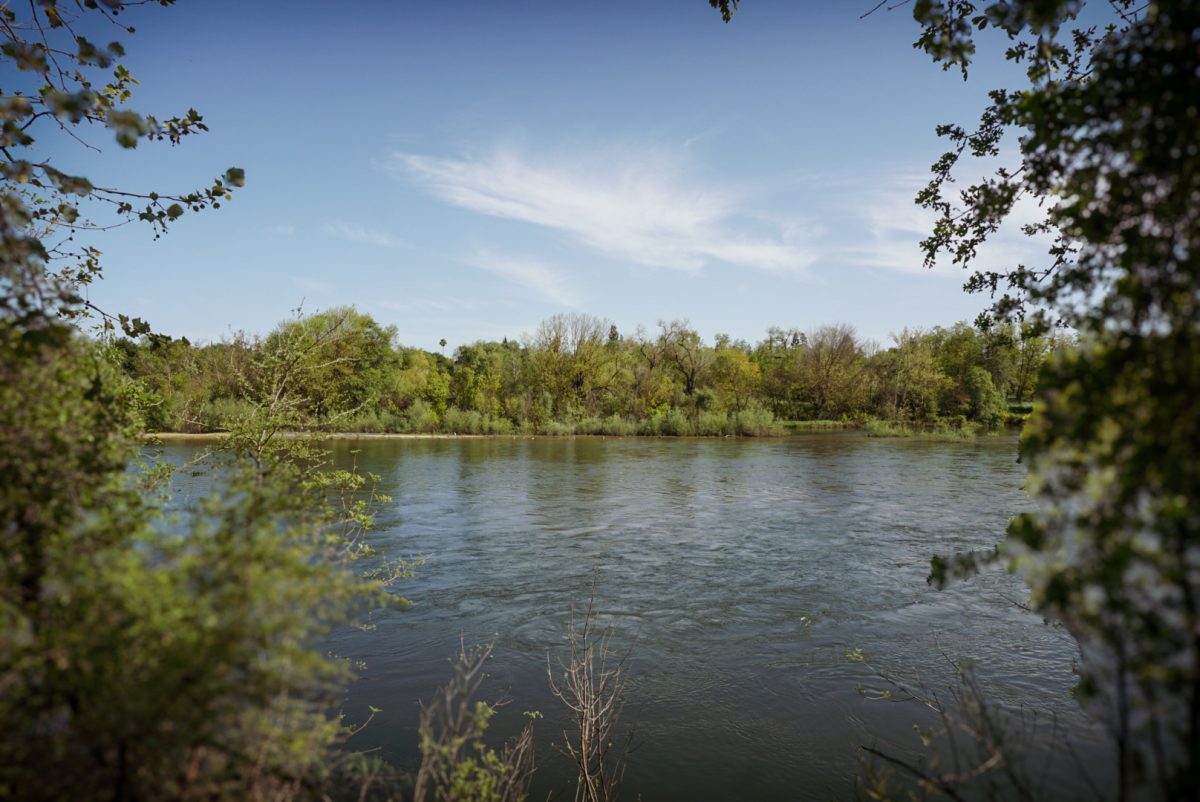
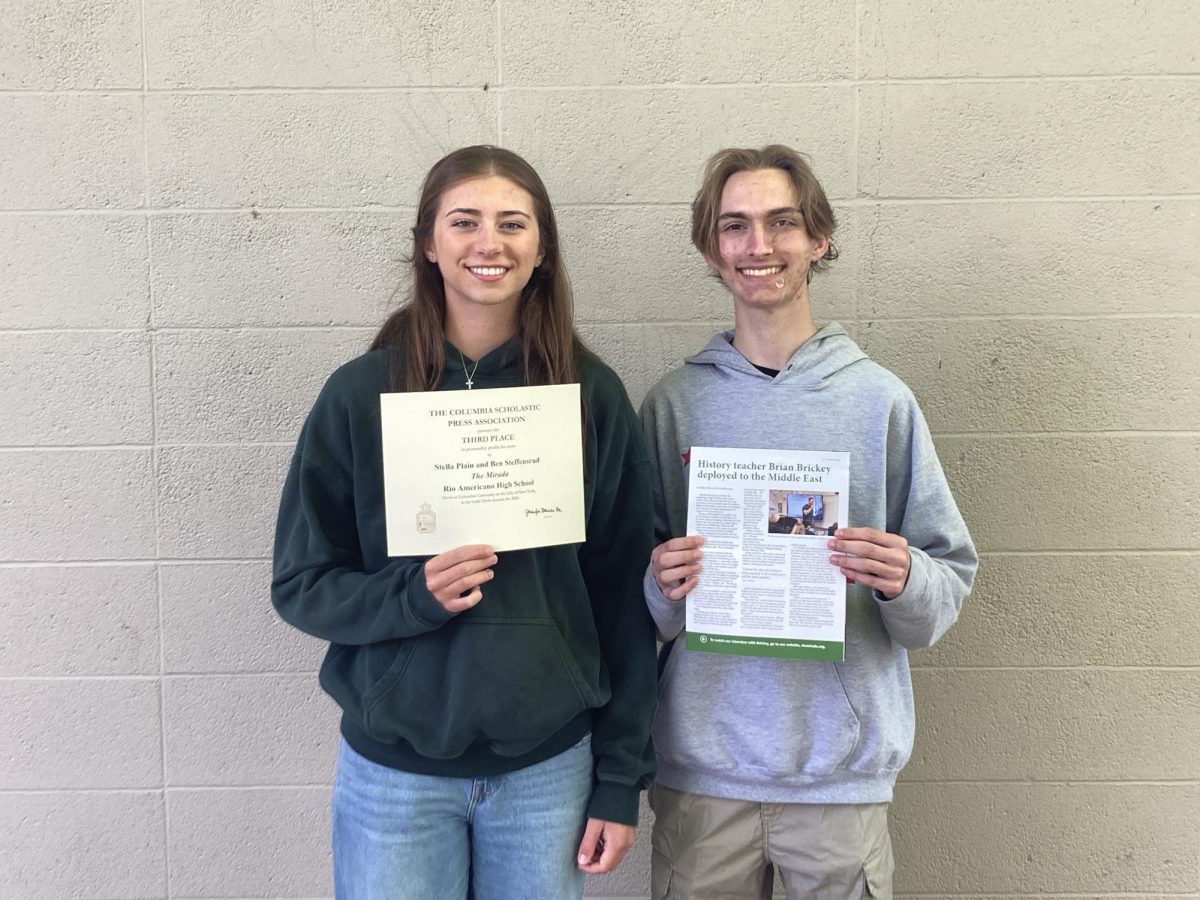
AS • May 19, 2024 at 11:01 PM
These students are making a great impact on Rio Americano and our environment. These brave students have decided to step forward when no one else would and make a change. Composting food waste and edible food will help reduce the amount of garbage waste in the area. Most trash is disposed of incorrectly and can often sit in a landfill for a long time. This food waste program is a great idea, and I hope it lives on at Rio even when these students graduate.
Mara • Apr 10, 2024 at 8:50 AM
This is a very eye-opening article. We need to do better!